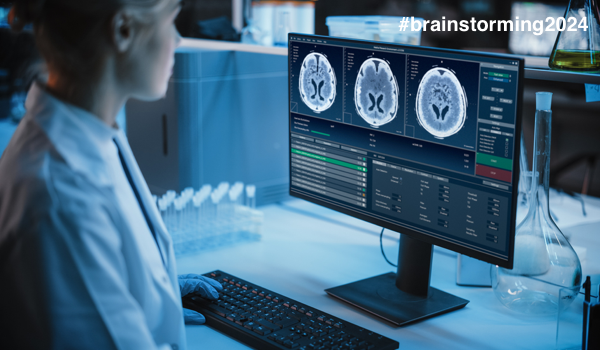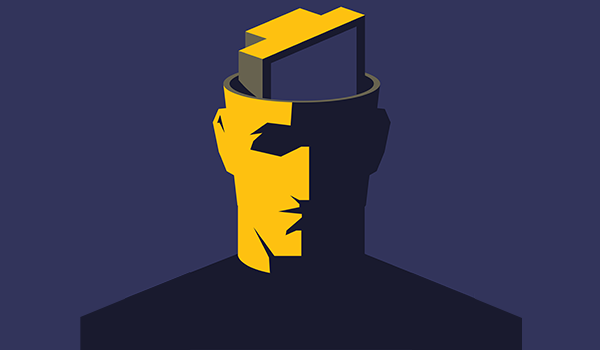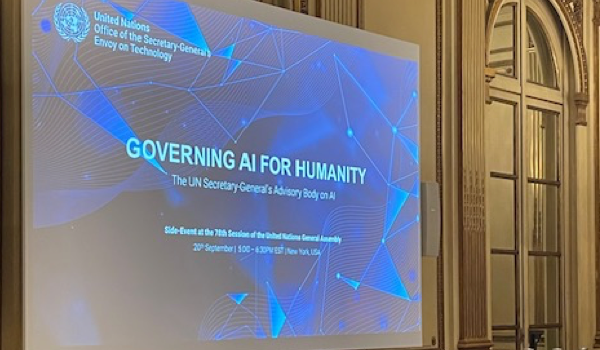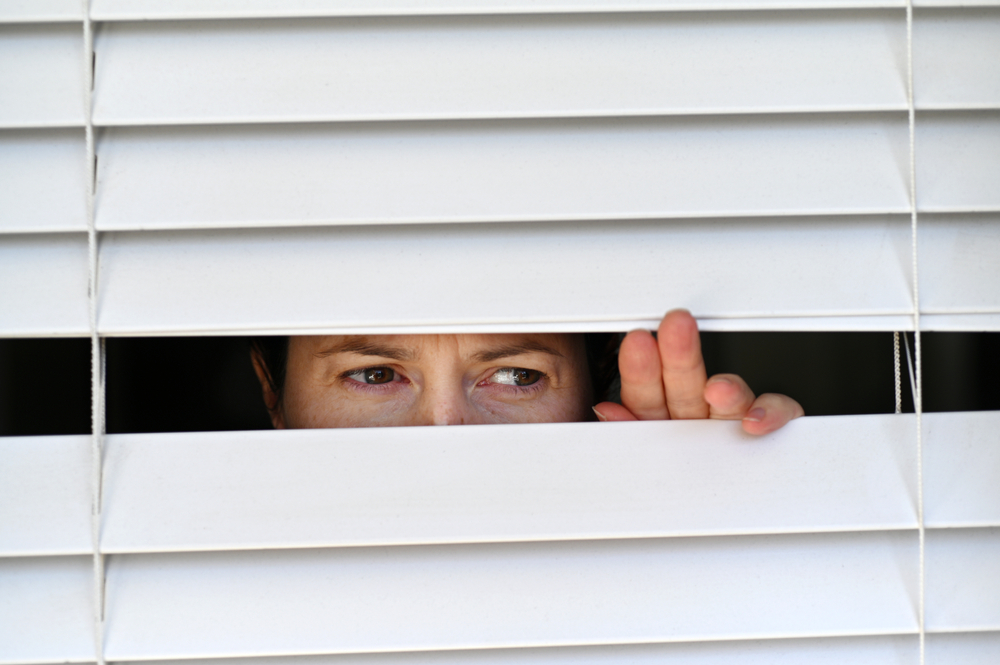

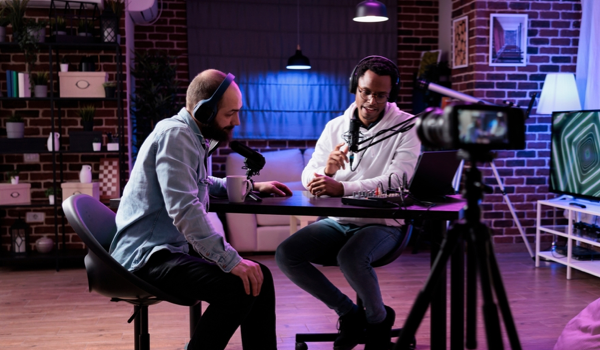
FRANKFURT, GERMANY - Optimization is one of the major selling points of automation systems based on Artificial Intelligence (AI). It consists as much of a set of offers - with clear and obvious applications, such as optimizing the image-based diagnosis in healthcare - as it does of a proposition to attain the mirage of a perfectly optimized lifestyle by monitoring one’s every action, from food intake to daily activities, even though such perfect optimization remains highly imperfect.
In 2019 at the Unfinished festival, I organized and mediated a conversation between Angelica Dass, a Madrid-based artist born in Brazil who is most well-known for her project Humanae, and Moran Cerf, a neuroscientist from Tel Aviv who is based in the United States and specializes in human-machine interaction at the level of the brain, exploring how technology could hack into consciousness. The question I posed was: ‘What would a perfectly optimized life look like with the help of technology?’ More specifically, I asked the speakers to imagine a hypothetical situation in which a decision-making algorithm has access to all of one’s data, from genetic make-up to neural mapping, to every bit and byte of one’s lifestyle choices made up to the present.
Would the subject choose between a butter croissant s/he craves, or something healthier like kale and salmon on oat crackers, which the algorithm would suggest in order to optimize his/her health?
While Angelica chose the croissant, Moran argued that he would prefer to use his cognitive power to choose something other than one of these two choices, going for a sandwich instead. He also hoped to live a prolonged, healt
The content herein is subject to copyright by The Yuan. All rights reserved. The content of the services is owned or licensed to The Yuan. Such content from The Yuan may be shared and reprinted but must clearly identify The Yuan as its original source. Content from a third-party copyright holder identified in the copyright notice contained in such third party’s content appearing in The Yuan must likewise be clearly labeled as such. Continue with Linkedin
Continue with Linkedin
 Continue with Google
Continue with Google
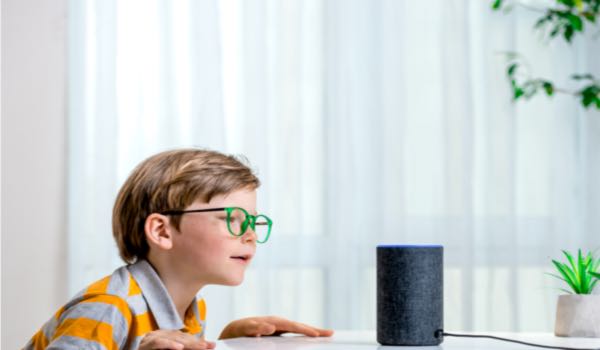








 583 views
583 views




